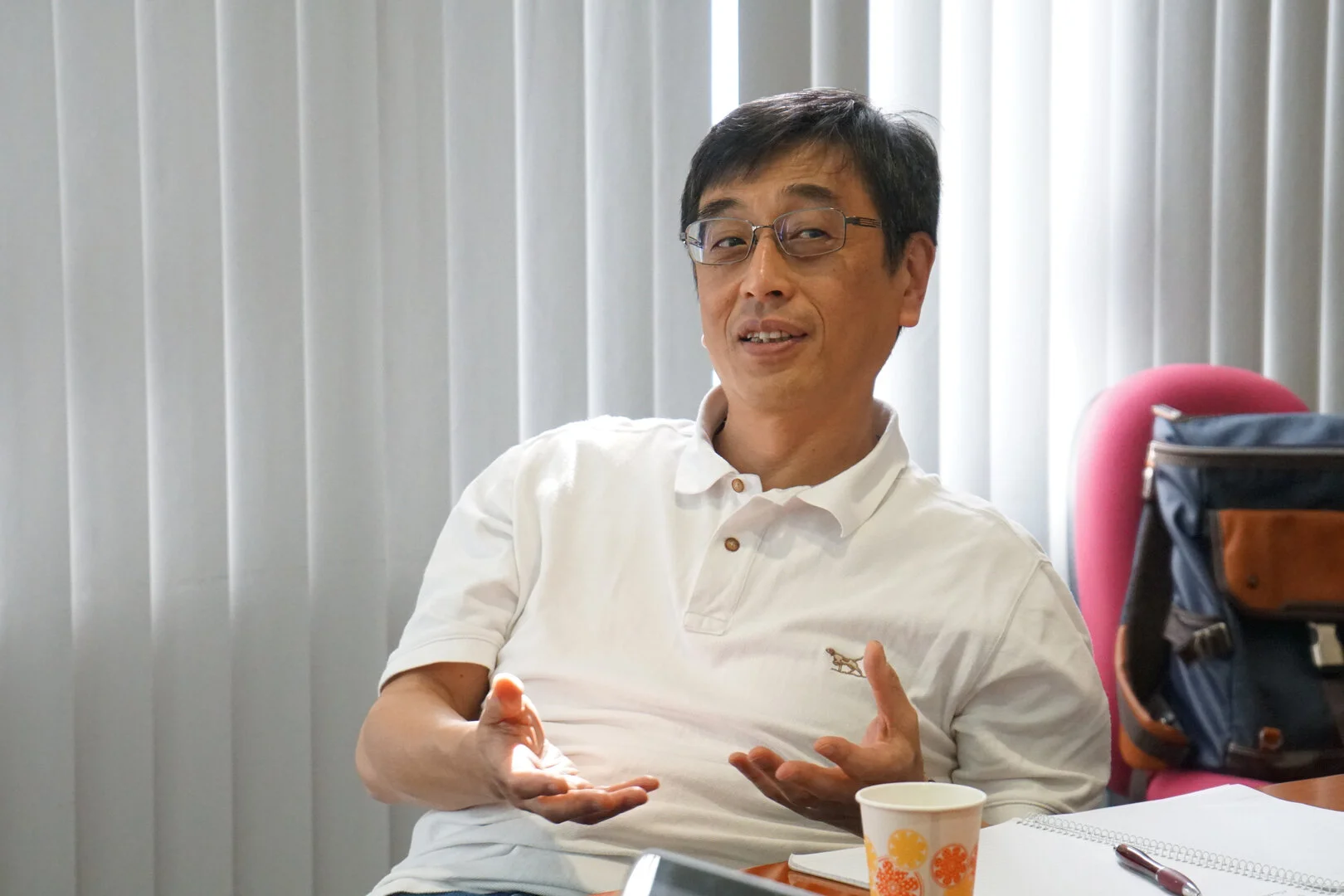In this 5-day (9.30am-5.00pm daily) intensive course you will learn how to conduct social network research, moving from the fundamentals of networks to an introduction to cutting-edge statistical network models. A general knowledge of statistics is assumed (e.g., correlation, logistic regression). You will require your own PC laptop (or Mac with Windows installed – Mac OS is not supported). Software will be provided.
This Blended Learning course will include a mix of both in-person and online components designed to work together to enhance your learning experience. We will introduce topics to you, then, using social network software, apply that knowledge straight away through applied social network exercises. The course will cover the following key themes:
Network Fundamentals
· What is distinctive about social network research?
· Network data: Representations and formats
· Qualitative versus quantitative data collection
· Primary versus secondary data sources
· Ethics for network research
· Organisational network methods
· Data entry, data processing and management
· VPNet software for visualisation of networks
Key Concepts & Descriptive SNA
· Network Building blocks: density; reciprocity; degree; connectivity; centrality; clustering; and preferential attachment
· Social Selection vs Social Influence
· Multiplex and bipartite networks
· Introductory approaches to statistical inference
Introduction to Exponential Random Graph Models (ERGMs)
· What are exponential random graph models (ERGMs)?
· Formation of network structure
· MPNet software for network models
Network Evaluation
· Network effectiveness
· Network problem solving
Pricing
Standard: AUD$3,500 (including GST)
Non-Swinburne PhD Student: AUD$1,750 (including GST)
Swinburne Staff and PhD Students: Free
Register Here
For more information, please contact Dr Bopha Roden – broden@swin.edu.au










